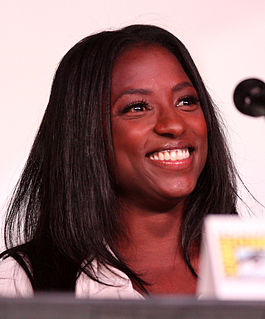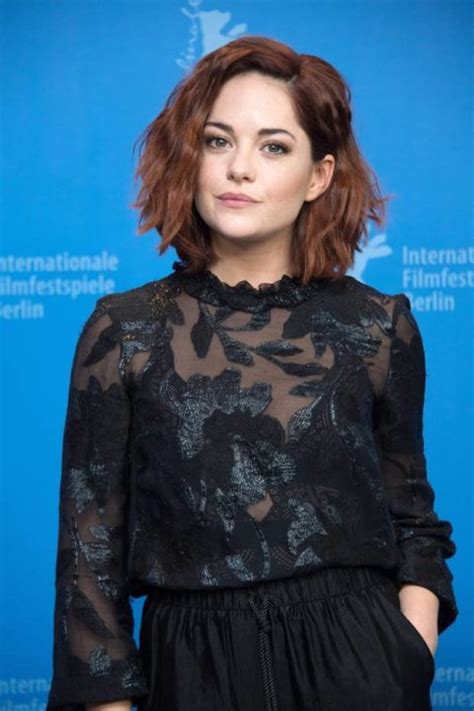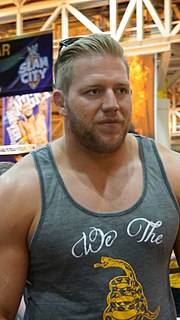A Quote by Rutina Wesley
At Julliard, they don't teach you where to move your face for the camera, you know?
Related Quotes
There was actually a camera on your face. I don't know so much about the animation process but the camera was in our face so it could get expressions from our faces that would eventually arrive on the gnomes. It almost felt like you were cheating at times because it was a wee bit too much fun. You were in that box on your own. Kelly [Asbury] was in Toronto, I was in LA, so I was just on my own. I thought: "I can't be getting paid for this as well!"
I don't like people who are hypocritical, who pretend to be nice, particularly in show business when they're nice on camera, and then off camera they're absolutely appalling to the makeup people, or the waitress in a restaurant, you know? I don't like - I can't bear those kind of people. So I like people who are, you know, up front in your face.
Film, television, and working with a camera is such an intimate art form that if a camera is right on you, and I've got your face filling the screen, you have to be real. If you do anything that is fake, you're not going to get away with it, because the camera is right there, and the story is being told in a very real way.




































